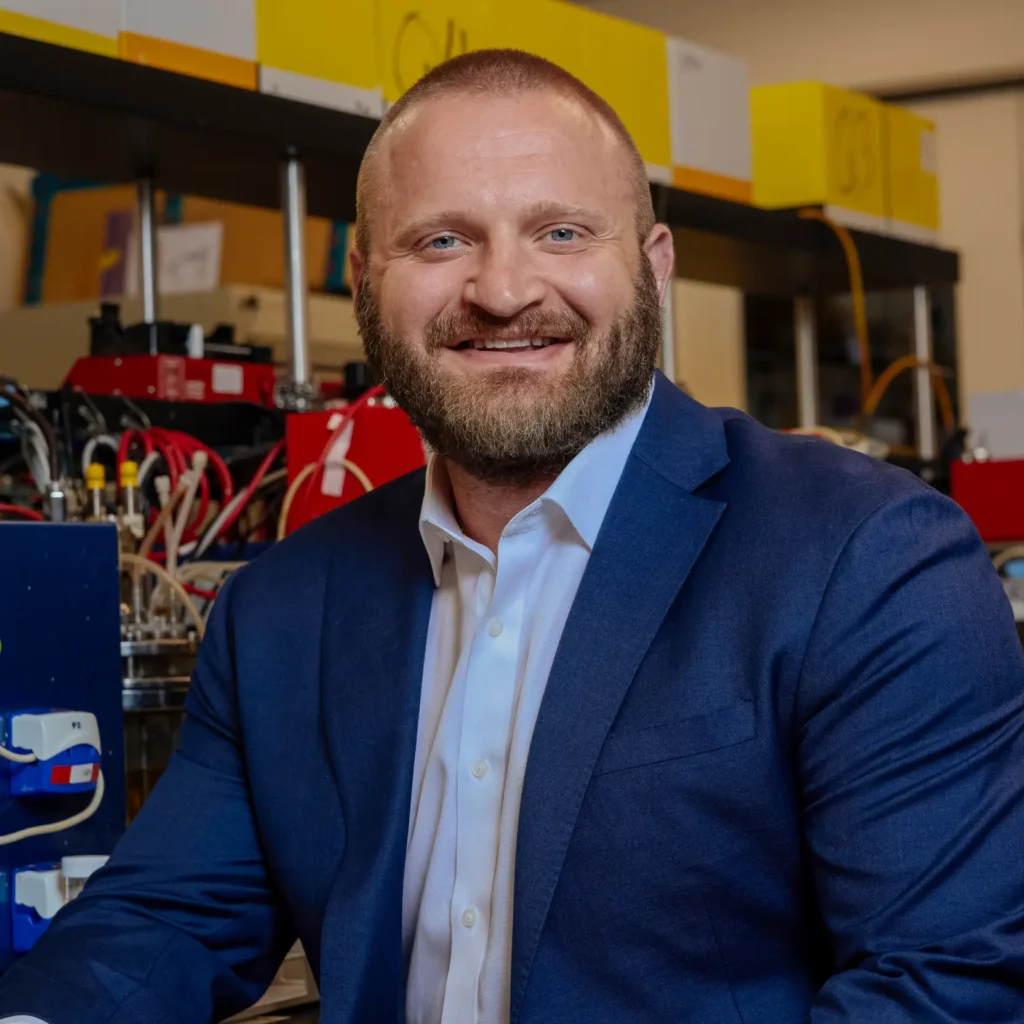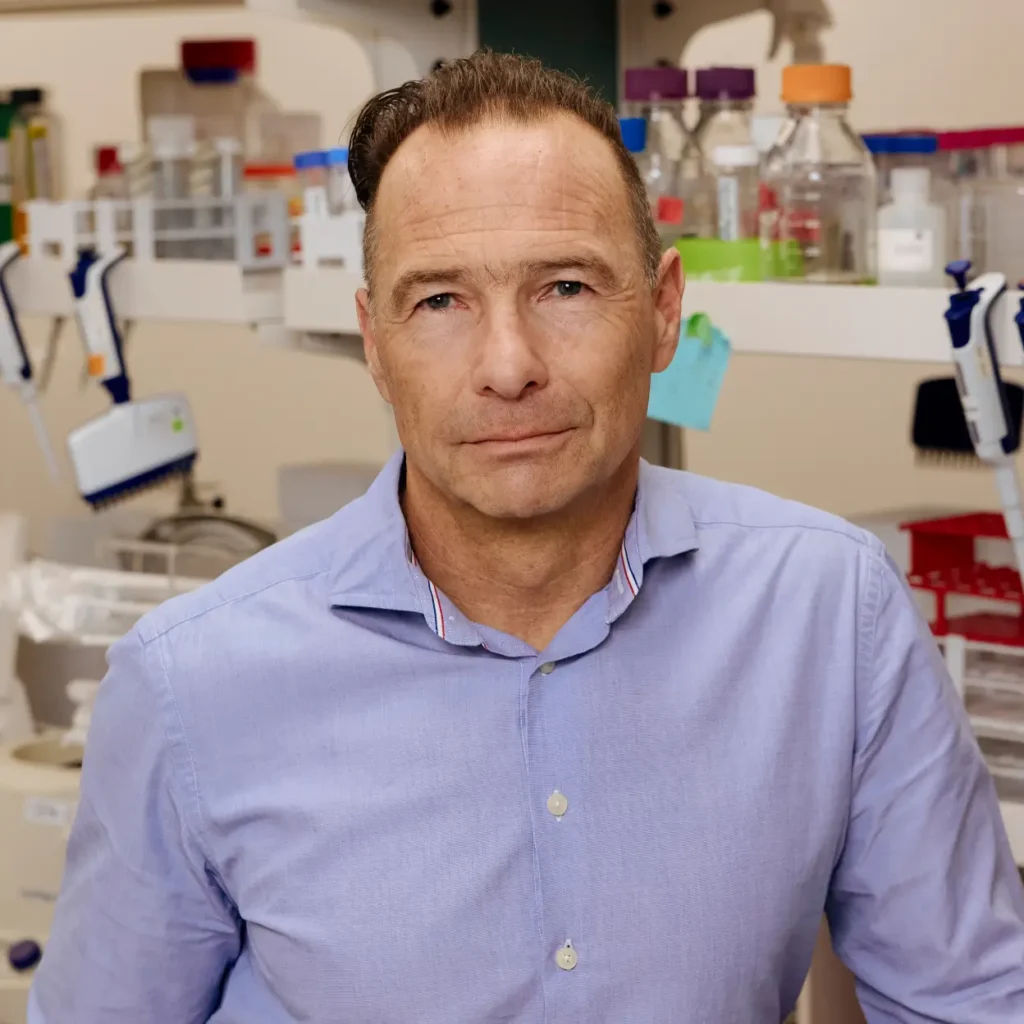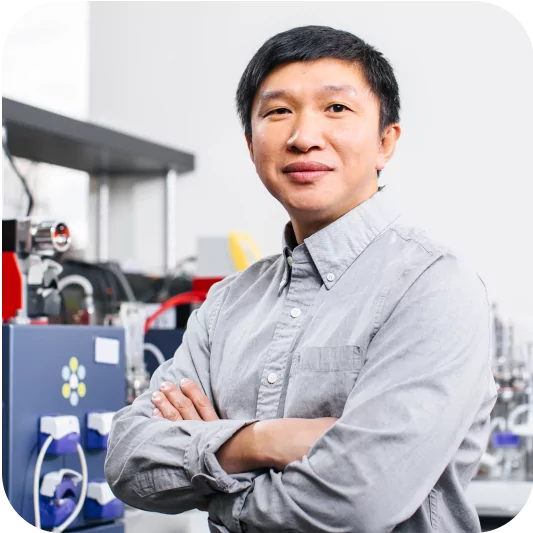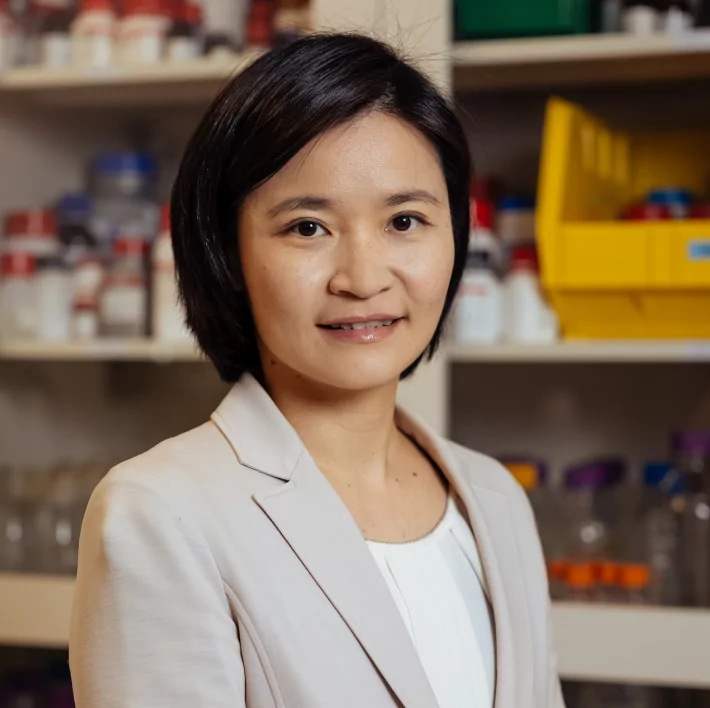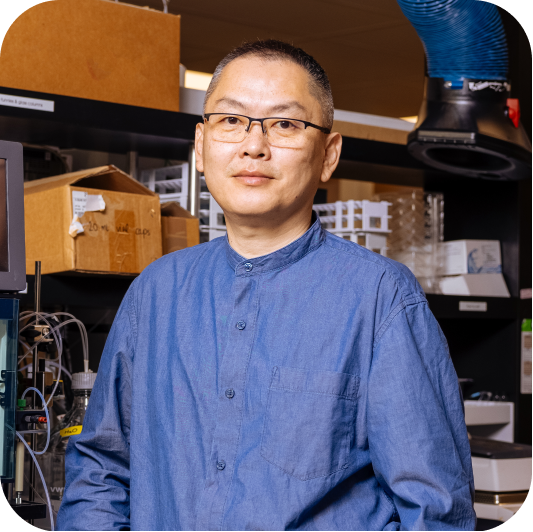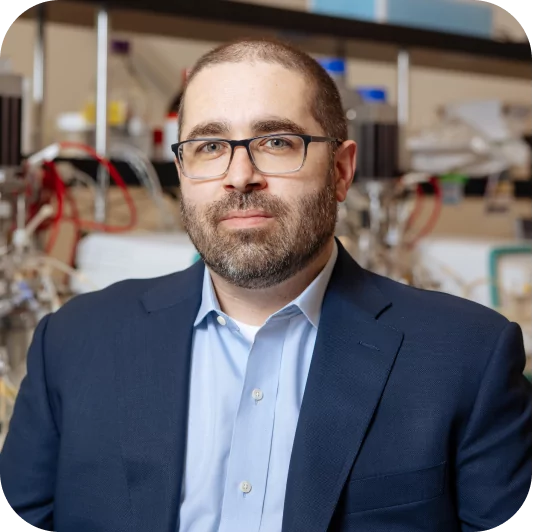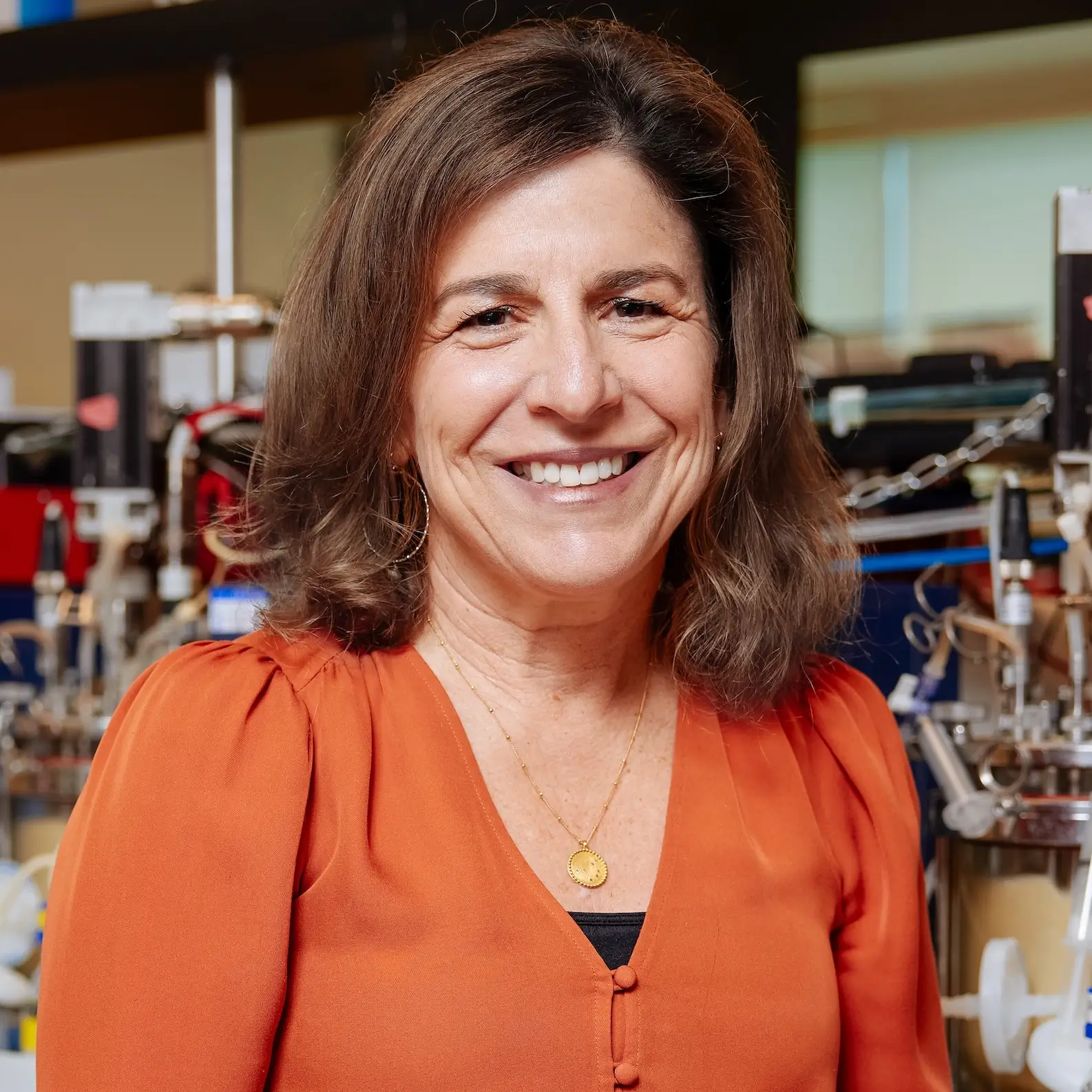Last week, Antheia CEO and co-founder, Dr. Christina Smolke joined OECD’s Global Forum on Technology: Building our Bio Future as a keynote speaker. OECD (Organization for Economic Co-operation and Development) is an international organization bringing together government, academia, and industry to build global policies that foster prosperity and well-being for all. In her keynote address, Dr. Smolke discussed the transformative power of synthetic biology, its role in solving major challenges across industries including pharma supply chains, and how policy can support a flourishing synthetic biology industry.
This forum brought together some of the brightest minds across the synthetic biology field from around the world. A recurring theme from the event’s discussions, both on- and off-stage, was the need to align stakeholders from all aspects of this international industry. The urgency to develop sustainable manufacturing solutions is rapidly increasing as natural resources are depleted and supply chains repeatedly falter. The global population is at risk of failing supply chains, but with a coordinated effort between industry, academia, government – specifically, policy, governance, and regulation – synthetic biology has the potential to fundamentally transform these legacy systems to better support the public at large.
As a pioneer in the field of synthetic biology with more than 20 years of experience, Dr. Smolke offered a unique perspective on the evolution of this technology and its current role as an advanced manufacturing technology for critical pharmaceutical ingredients. Pharma is one of the most vital global supply chains, but it is also one of the most fragile and unreliable, with serious consequences (e.g. drug shortages, inadequate patient care) for human health when something goes awry. Synthetic biology offers an innovative solution to build resilient, agile, and sustainable supply chains for pharma, as well as other critical industries like food, agriculture, and industrial materials.
As a global community, countries need to consider how to support and incentivize the advancement of synthetic biology to unlock benefits for all people and the planet. This could take the shape of public-private partnerships, funding, or policies that provide incentives to bring these innovative solutions to global markets. Synthetic biology is a powerful technology for solving major, global problems and is on the precipice of reaching its full potential. With the right policy, support, and prioritization from leaders like those present at OECD’s Global Forum on Technology event, we will continue to see growth and transformation stemming from synthetic biology innovation.
